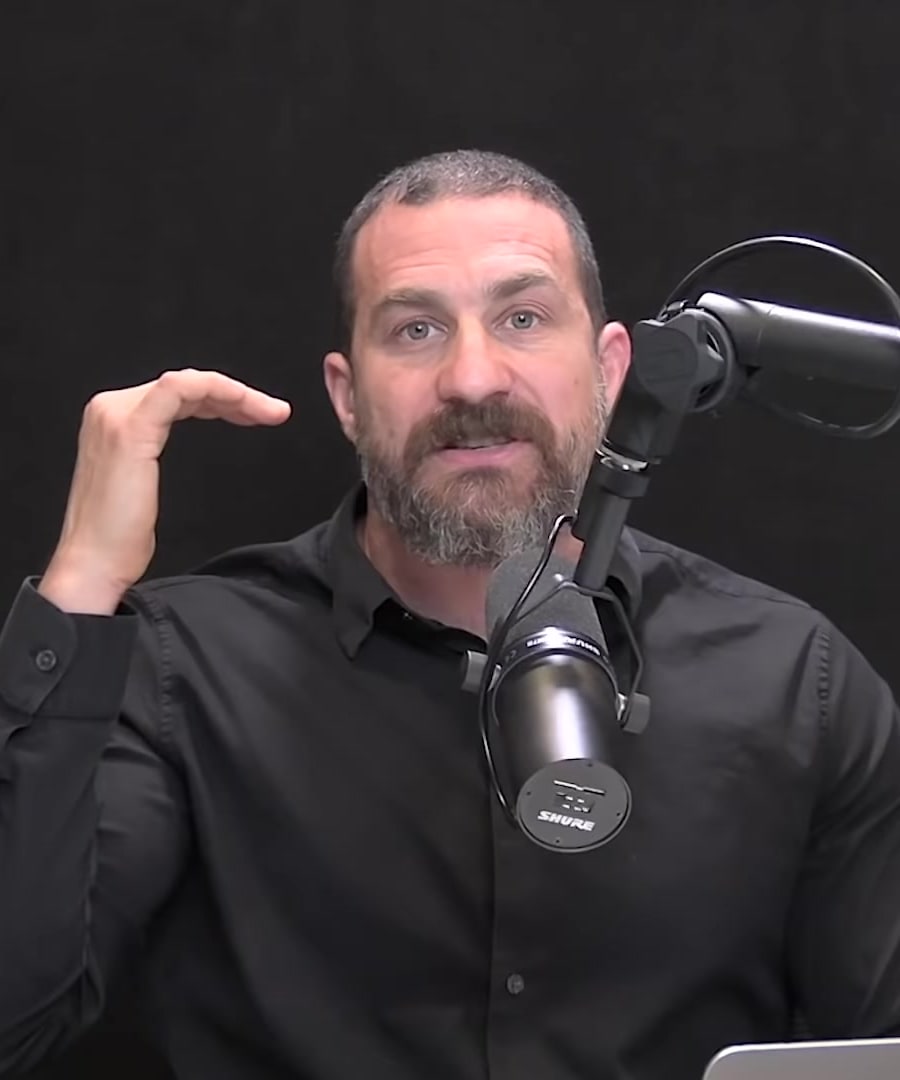I'm thinking about beginning a journaling protocol in the morning. Do you think that it's best to do it before or after my daily cold shower (considering the physiological effects of cold exposure in the body)?
It appears there is no specific data discussing the impact of cold showers on the timing of a journaling protocol from the . However, considering the physiological effects of cold exposure, such as increased alertness and a shift in the sympathetic nervous system, it could be beneficial to journal after a cold shower when your cognitive functions might be heightened. If you prefer starting with introspection and contemplation before activating your body with a cold shower, journaling before may suit you better. Ultimately, the best time might depend on your own response to these activities and how they fit into your daily routine.
RELATED QUESTIONSCan cold exposure dampen positive feelings, like relief, gratitude or hope, that can drive from journaling about sad or traumatic events?
Sources:
Cold exposure can increase levels of dopamine, norepinephrine, and sometimes even epinephrine without significantly raising cortisol levels, leading to a state called eustress rather than distress. This eustress, characterized by enhanced mental acuity, mood elevation, and alertness, could potentially interact with the emotional processing that occurs during journaling 1.
When you're going through the writing process to cope with traumatic or sad events, any associated distress—whether you're a low or high expressor of emotions—tends to decrease over time with continued journaling 2. Since cold exposure enhances mood and mental sharpness rather than causing a significant increase in stress hormones, it might actually complement journaling by potentially fostering a more focused and resilient mindset rather than dampening positive feelings like relief, gratitude, or hope.
Considering that deliberate cold exposure can be used to build resilience and mental toughness, it is possible that practicing cognitive control during this self-imposed stressor may translate to better control and clarity in real-life stressors, including the processing of emotions linked to sad or traumatic events 3 4.
Thus, while cold exposure does not seem to directly affect the ability to process emotions through journaling negatively, it could actually serve to enhance one's mental state and resilience, which may indirectly support the journaling process. However, it's crucial to note that these benefits are drawn from principles discussed in the and not from direct studies on the combination of cold exposure and journaling.
RELATED QUESTIONS
I'm thinking about beginning a journaling protocol in the morning. Do you think that it's best to do it before or after my daily cold shower (considering the physiological effects of cold exposure in the body)?
- RELATED QUESTIONS
Can cold exposure dampen positive feelings, like relief, gratitude or hope, that can drive from journaling about sad or traumatic events?
- RELATED QUESTIONS



